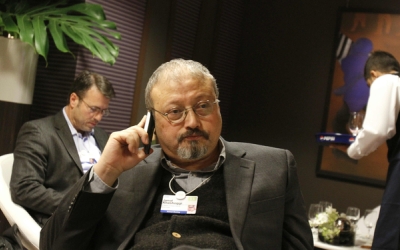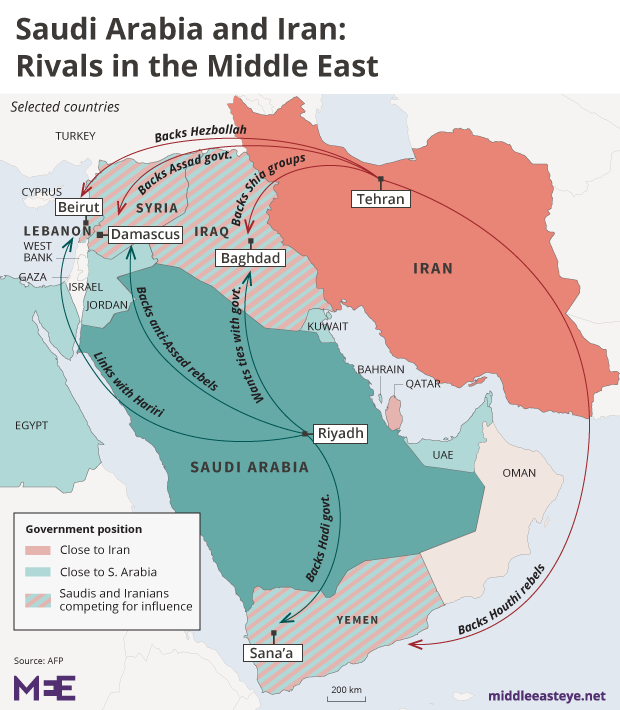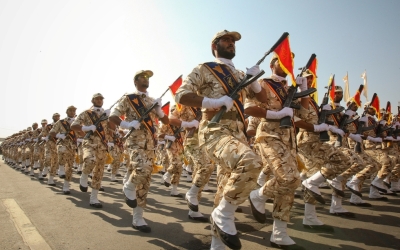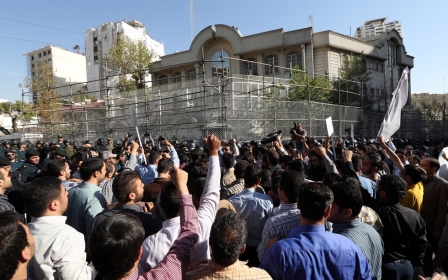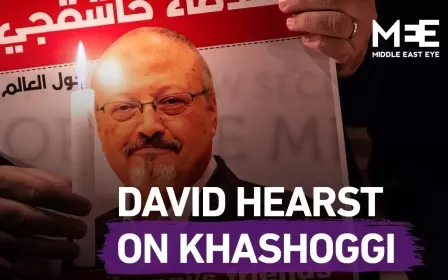Let’s break the impasse, let’s fix what needs fixing in Saudi and Iran
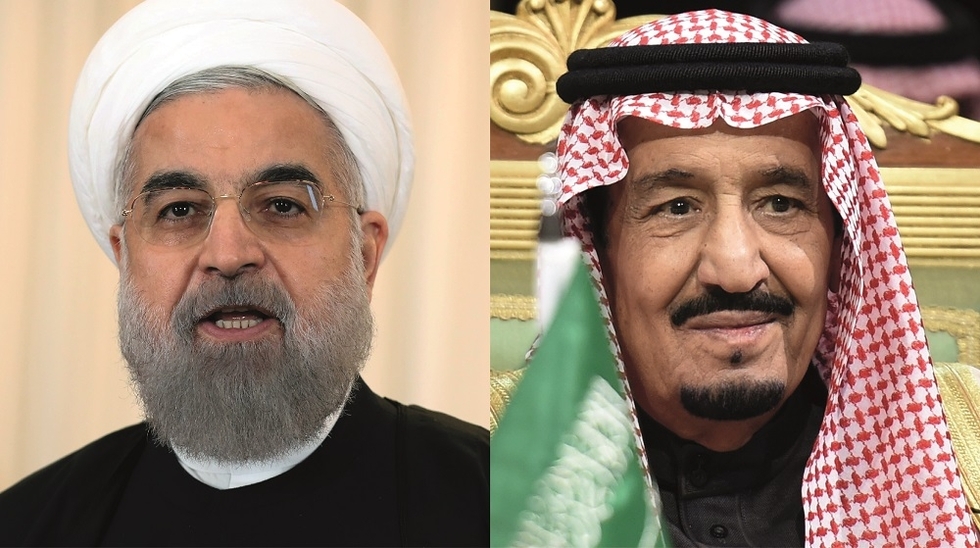
Editor's note: This is an unfinished draft of an op-ed written in early 2018 by the murdered Saudi journalist Jamal Khashoggi in collaboration with a leading Iranian human rights activist.
It's no news that the tension between Saudi Arabia and Iran has only escalated this year, creating even more volatility and danger to our respective societies.
We often hear the competing views of Saudi and Iranian government officials about who’s to blame for the simmering crisis playing out in battlefields far from our countries, but we rarely hear sensible proposals, least of all from Saudi and Iranian civil society experts, for how to break the impasse that has caused so much misunderstanding, strife and suffering in our region.
No meddling
Stop meddling in the internal affairs of other countries. Each of the Saudi and Iranian governments has accused the other of meddling in the internal affairs of countries in the region in a bid to gain influence, control and broaden its zone of influence.
New MEE newsletter: Jerusalem Dispatch
Sign up to get the latest insights and analysis on Israel-Palestine, alongside Turkey Unpacked and other MEE newsletters
Iran has sent troops and provided financial support to help a murderous tyrant in Syria responsible for the slaughter of hundreds of thousands of his own citizens, while Saudi Arabia has supported various armed groups in that country.
The toll of these wars has largely been paid for by the people of Syria and Yemen. They have expanded the instability of the region, not reduced it.It has carried out a reckless and indiscriminate bombardment campaign in Yemen, compounded by a cruel siege of the entire country, ostensibly to preempt Iranian influence in the country whose ties to the unaccountable Houthi forces has expanded.
These are only two examples of efforts to control the political outcomes of other countries. We could cite less disastrous developments in Lebanon, for example, or Iraq.
Both countries [Saudi Arabia and Iran] should stop the meddling to reduce the political temperature in the region.
Respect people's rights
Start respecting the rights of our people and investing in their futures.
Iran and Saudi Arabia have the worst human rights records of Middle East countries not currently in war. Both fail notoriously in respecting the rights of their citizens to express critical opinions, jailing those who dare to speak out.
Both discriminate against religious minorities in their countries. Both deprive women of equal rights, particularly in marriage, divorce and child custody.
Both countries have seen serious protests against their failed leadership. In Iran, recent protests largely reflected the frustration of Iran’s working class, which has failed to see satisfactory benefits from the loosening of sanctions or its investment in higher education.
In Saudi, ongoing discrimination against the country’s Shia minority erupted in protests a few years ago. Rather than wasting the treasure of our nations on wasteful arms purchases and power games in the region, start investing in the rich human capital of our people by granting them the freedom to flourish and blossom with citizens who can contribute to the global community.
Mutual understanding
Build dialogue, learning and understanding among our people. Other than the annual and highly restricted pilgrimage of Iranians to Saudi Arabia, there is virtually zero interaction among our people.
Despite our shared border, shared religion, shared customs, and shared history, virtually no Iranian has Saudi friends – or even acquaintances - and vice versa.
We do not speak at joint conferences. We do not enjoy the food and culture in our respective countries. We do not break bread or say prayers together.
Whatever the political differences of our governments, there’s no reason we should not have the opportunity to build some modicum of dialogue, learning and understanding among our civil societies.
Our governments are stuck digging in their heels in a dangerous, staring contest that may soon erupt into worse.
It is up to our people to be the voices of reason and moderation – something both our peoples take pride in.
That can only happen if we are able to speak to each other, hear each other and learn from each other. Civil society should spearhead this effort at mutual understanding among our people.
The views expressed in this article belong to the author and do not necessarily reflect the editorial policy of Middle East Eye.
This article is available in French on Middle East Eye French edition.
Middle East Eye delivers independent and unrivalled coverage and analysis of the Middle East, North Africa and beyond. To learn more about republishing this content and the associated fees, please fill out this form. More about MEE can be found here.



